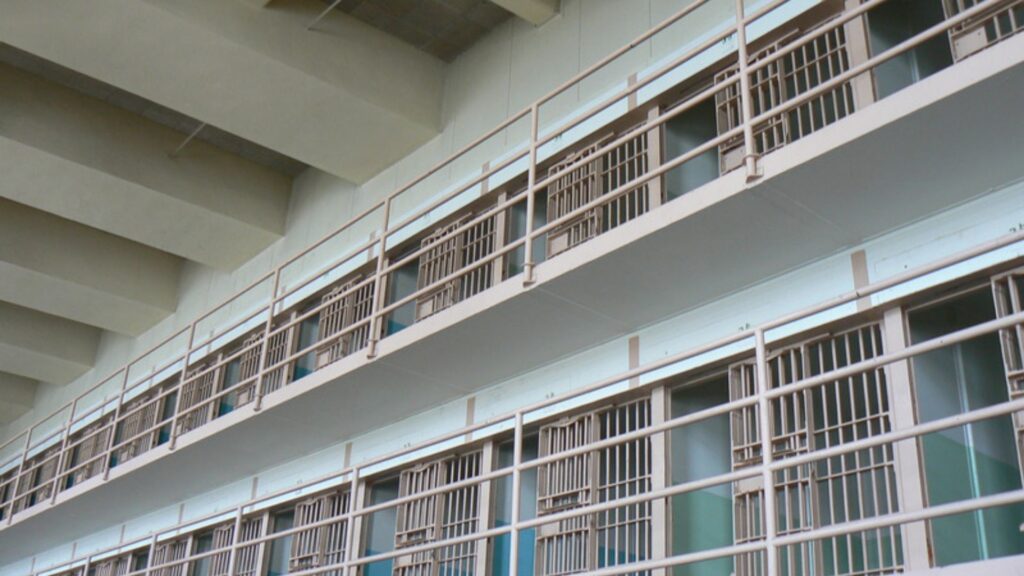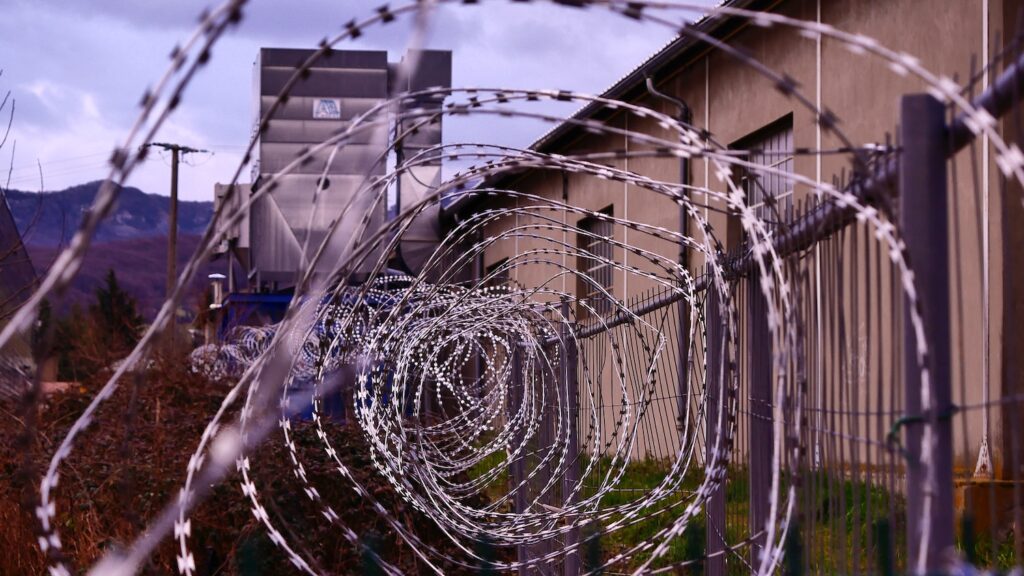How HBCUs Are Building A Prison To College Pipeline
HBCUs are investing in incarcerated individuals with a new prison to college pipeline to help them turn their lives around.

Americans hear about the school to prison pipeline quite frequently, but a new trend is hoping to reverse this. While prison inmates are often disregarded when discussing college admissions, historically black colleges and universities (HBCUs) are investing in educating incarcerated individuals. This new prison to college pipeline is providing hope for criminals looking to turn their lives around.
Programs to bring educators into prisons aren’t new, but partnerships with HBCUs are gaining more support. These schools’ histories inspire inmates who would otherwise remain in their current position. The majority of the prison population is made up of black men. Jackson Tennessee’s Lane College was specifically founded to educate former slaves after the civil war and that legacy touches many inmates in need of encouragement. This is just one of the HBCU colleges working to build a prison to college pipeline.
Whereas college has previously been viewed as an institution for only high-achieving academic students, creating a prison to college pipeline displays the potential to learn and find success not only after being released, but also while serving time. The Tennessee Higher Education In Prison Initiative (THEI) has been connecting incarcerated individuals with degree program opportunities while serving their sentences. This is made possible through partnerships with community colleges and has been ongoing through this program alone since 2011.
The United States Department of Justice noted that some 650,000 inmates are released each year, yet two-thirds of them are arrested for other crimes within three years. There are many factors that lead to this cycle through the system. The majority of former inmates cannot find good paying jobs and some areas ordered former inmates to repay the state for their time behind bars. Without the ability to support themselves they become depressed, desperate, and return to crime. This new prison to college pipeline provides new skills and opportunities for job placement before inmates’ release dates.
Instead of struggling to “stay out of trouble,” inmates who are joining the prison to college pipeline can graduate and even become scientists and college professors. Stanley Andrisse is a current Howard University College of Medicine professor with a MBA and PhD. He is also a felon whose life was hopeless, according to prosecutors who harassed him when he was just 21 years old. Instead of falling prey to those claims, Andrisse benefited from entering college despite his previous crimes.
These stories are becoming more common. People are entering prison and then moving to the college pipeline because they need guidance, direction, or just another chance. A new Minnesota education program is even helping inmates earn law degrees so they can learn how the system works, why it is built the way it is, and how to help people better themselves through reformation.

As more inmates benefit from the prison to college pipeline more programs encouraging this move are being formed, especially through the help of HBCUs which work to give minorities the representation they need no matter how rocky their past may be. These opportunities are helping inmates, and former inmates, to help themselves and break the cycle of incarceration. Instead of returning to prison, hopes to find a successful career are driven by a goal-oriented mindset which leads these individuals away from crime on to success.







